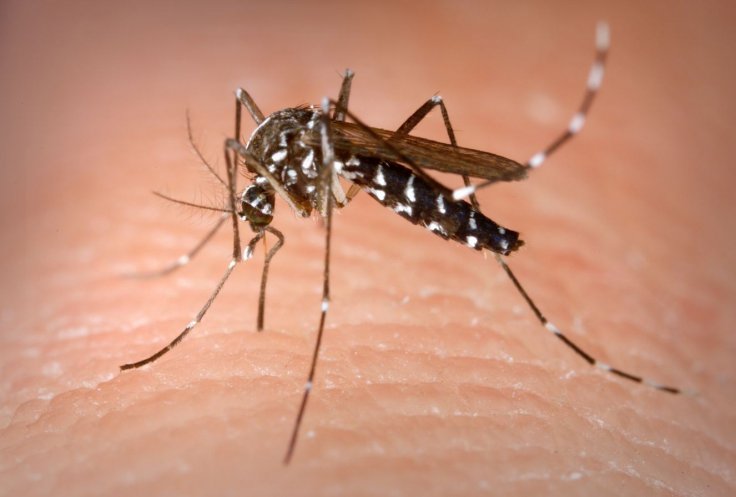A new study by Kansas State University has become the first to confirm that the novel coronavirus, which has killed more than 602,000 people globally, cannot be transmitted to humans by mosquitoes.
This is the first such experimental investigation on whether the virus causing COVID-19 can be transmitted by mosquitoes, according to a study published on Friday by Nature Scientific Reports, named "SARS-CoV-2 failure to infect or replicate in mosquitoes: an extreme challenge."
First to Provide Evidence
A lead author of the study, Stephen Higgs, associate vice president for research and director of the university's Biosecurity Research Institute (BRI), said in a statement that the World Health Organization (WHO) had already stated that mosquitoes cannot transmit the virus, "Our study is the first to provide conclusive data supporting the theory."

The experiments were conducted at the BRI, which is a biosafety level-3 facility. Further, the experiment finds that the SARS-CoV-2 was unable to replicate itself in three common and widely distributed species of mosquitoes: Aedes aegypti, Aedes albopictus, and Culex quinquefasciatus. The researchers analyzed about 48 mosquitoes.
Caution

The researchers wrote: "It is well known that viral RNA can be detected in mosquitoes simply because they have fed on a viremic host, and so RNA detection should never be interpreted as proof of mosquito susceptibility to infection and competence to transmit the virus."
BRI's Researchers have also completed four additional studies on COVID-19 but this is the first peer-reviewed publication. The institute is also researching other animal pathogens that can potentially infect humans, such as the Rift Valley fever, Japanese encephalitis, African swine fever and classical swine fever.
So far, mosquitoes have killed more people than all the wars in history. Malaria, transmitted by mosquitoes, kills 2 to 3 million people while infecting over 200 million every year. Millions are killed and debilitated by other mosquito-borne diseases like filariasis, yellow fever, dengue and encephalitis.









